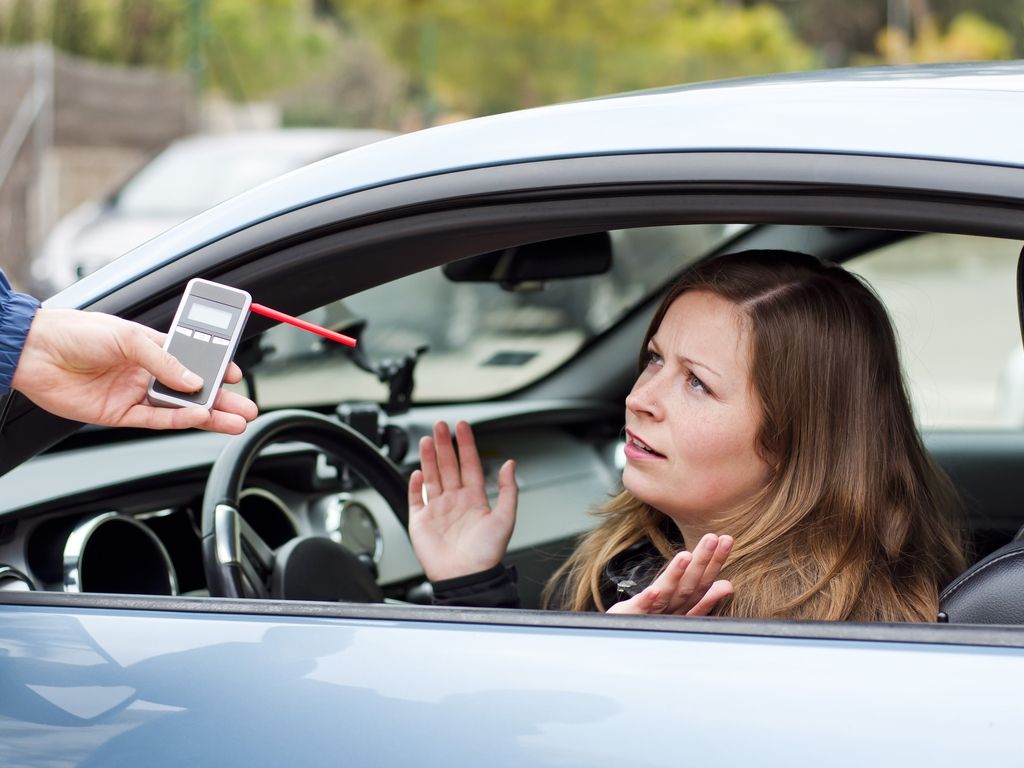What Happens If You Can’t Perform a Breath Test for Medical Reasons?

If you’re facing DWI charges, there’s a good chance you already know the significance of a breath test. Commonly referred to as breathalyzers, chemical breath tests have a great deal to do with determining levels of intoxication. So, what happens if medical issues prevent you from getting any type of reading?
In the first place, you should know something about breath test procedures. Pennsylvania law contains considerable information when it comes to keeping you under observation and the procedures in conducting the test.
For example, did you know that you must be observed twenty minutes before administration of a chemical breath test? The idea is to make sure you haven’t ingested any fluids of any kind, eaten or vomited. All of these factors can affect your test results.
Meanwhile, you might be inclined to skip the breath test altogether. The problem? With your driving privileges come an implied consent. Your failure to consent to a breathalyzer test results in an automatic driving suspension.
However, here’s something else of interest. You could consent to providing a breath sample and still come up as a refusal. It could be the machine or your failure to follow instructions. In some cases, a medical condition could cause you to register as a refusal.
It happens. In fact, in a recent case, a 70-year-old man attempted to say that a medical condition prevented him from providing the required breath samples. You’ll want to see how the court ruled.
Breath Test Registered as a Refusal
In an unpublished memorandum opinion, the Commonwealth of Pennsylvania decided Shiring v. Commonwealth, Pa: Commonwealth Court on May 14, 2019.
A Pittsburg Police Office stopped John Wayne Shiring’s vehicle when he noticed it in the middle of the road. The officer smelled alcohol and asked Shiring to perform three field sobriety tests. He failed them and was subsequently taken into custody for DUI.
After the officer read Shiring implied consent warnings, Shiring consented to the breath test. The procedure included a directive to take long continuous breaths. On two separate attempts, Shiring took multiple short breaths. The machine didn’t register and interpreted the action as a refusal.
During the testing, Shiring failed to mention any medical conditions that would interfere with the testing. The officer didn’t notice Shiring wheezing or gasping for air.
As a result of what was interpreted as a refusal, Shiring’s license was suspended for 18 months. Subsequently, Shiring claimed that he had hernia surgery that he believed affected his breathing. He admitted that he never mentioned that to the officer at the time of the test.
The Trial Court found Shiring’s story to be credible and reversed the 18 month license suspension However, the Department of Transportation disagreed and appealed.
Upon appeal, the court found that Shiring needed to inform the officer of his medical condition. Even with that information, the court concluded that even if Shiring did so, the law says “where a licensee suffers from a medical condition that affects his ability to perform the test and that condition is not obvious, [a] finding that [the licensee] was unable to take the test for medical reasons must be supported by competent medical evidence.“
Contact Us
Mazzoni Valvano Szewczyk & Karam can help you if you are facing charges for driving under the influence. Give us a call to schedule an appointment.

